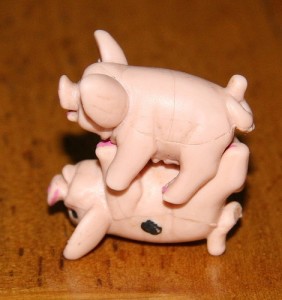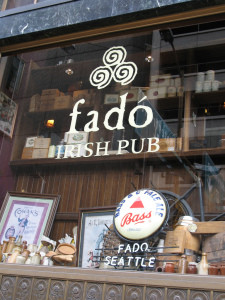JoNel Aleccia of The Seattle Times reports that for the second time in a week, King County health officials are investigating an outbreak of potentially dangerous E. coli food poisoning linked to a Mexican-style restaurant, but they say the incidents don’t appear related.
 An outbreak of Shiga-toxin producing E. coli O157: H7 (STEC) sickened two people who ate at Memo’s Mexican Food in Seattle’s University District in August, officials with Public Health — Seattle & King County reported Wednesday.
An outbreak of Shiga-toxin producing E. coli O157: H7 (STEC) sickened two people who ate at Memo’s Mexican Food in Seattle’s University District in August, officials with Public Health — Seattle & King County reported Wednesday.
Laboratory testing showed those illnesses were caused by the same strain of the bacteria.
But it’s different from the strain that has sickened 10 other people, including six who ate at the Matador restaurant in Ballard last month.
“These clusters do not appear related to each other,” according to a public health notice posted Wednesday.
An investigation on Monday revealed other factors that could have contributed to the outbreak at Memo’s, 4743 University Way N.E. Those included improper cooling, cold-holding, reheating of potentially hazardous food and the potential for cross-contamination. Because the violations were corrected on site, and there was not an ongoing risk, the restaurant was not closed. Inspectors will return in 14 days to ensure that the site remains safe.








